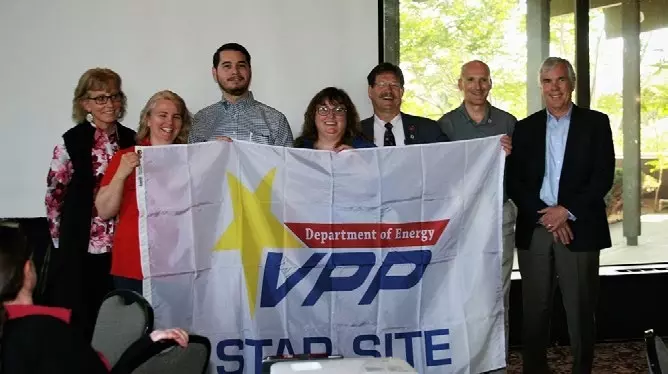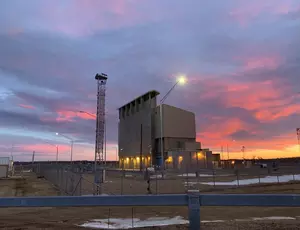Understanding the operations involved in decontaminating and decommissioning sensitive sites, particularly nuclear sites, is a key factor in development of our safety practices. While strictly adhering to all governmental and company safety regulations, we pay close attention to the inherent risks and effects of the hazardous operations where we work, making sure we protect both people and the environment at all times. The dynamic nature of our projects means that the hazards continuously change and must be constantly assessed.

Our VNSFS projects have received outstanding safety awards from DOE and other agencies, including multiple Voluntary Protection Program (VPP) Stars from DOE, which credits a project’s safety program with having a strong employee involvement element. In addition, our project for the The U.S. Department of the Interior in Colorado has consistently received glowing reports for its safe and proactive approach to operations.
The VNSFS Safety Motto: Safety is no accident; it's an attitude.
Radiation protection is also a big part of the VNSFS safety picture, and an area where we have enormous expertise.
"Having a good safety culture and a focus on ES&H programs is critical," said Corporate Environment, Safety & Health Manager Jonathan Fortkamp. "We are engaged in some very high-risk activities that pose a risk of serious injuries to our workers. The positive company culture means that our people know safety is very important.”



